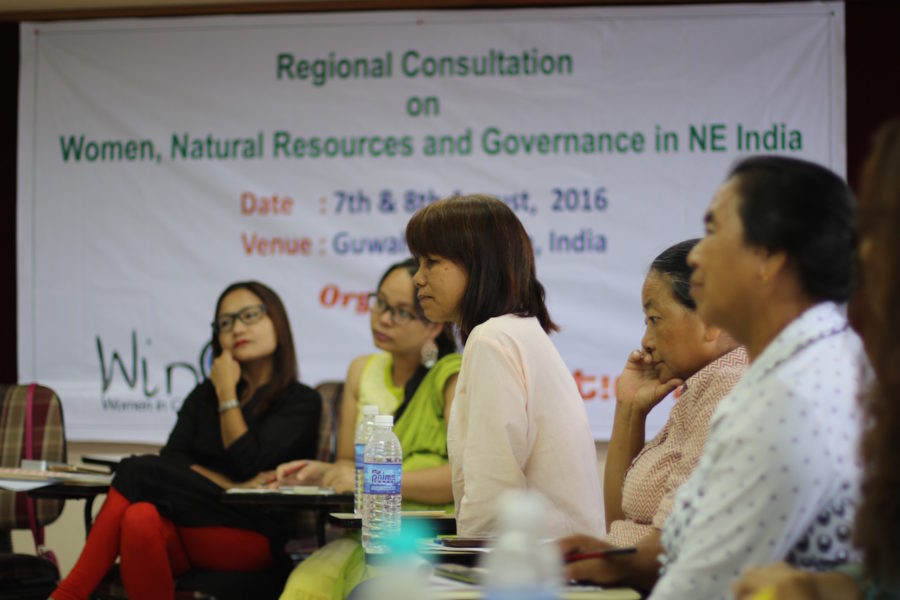Stewards of Food Culture and Biodiversity: Voices from the Northeast
In her piece for Vikalp Sangam, Rucha Chitnis shines her light on the challenges faced by communities in Northeast India to preserve the region’s rich agrobiodiversity and food culture.
“A journey on a food trail in the region [also] reveals a rich agrobiodiversity and a unique food culture that has been stewarded by local communities–from the Brahmaputra Valley in Assam to remote mountainous tribes in Arunachal Pradesh. In the face of modernization, mining, oil exploration and escalating deforestation, both, the biodiversity of species and food crops, including wild edibles, are threatened.”
As Rucha explains, since forests are a vital source of food and indigenous crops, new economic policies supporting large infrastructure projects in the area could pose a direct threat to small scale farmers.
The article uplifts the voices of four activists and advocates working for ecological justice in their communities of Northeast India. Their work takes different angles but it is no coincidence that each is concerned with empowering women to raise their voices and be recognized as key players in ecological justice. We are especially excited to hear from Mary Beth Sanate of Rural Women’s Upliftment Society (RWUS). RWUS works to promote sustainable livelihoods in the face of conflict and climate change, and was a WEA South Asia Small Grants Initiative partner. Mary Beth and RWUS’s work advocating policy and social change on behalf of women’s rights continues to be an inspiration to us!
“We need a strong gender policy in the state and women’s participation in the development of climate change policies is key…women are slowly realizing that the customary law is discriminatory. It needs to be reformed so that women can have equal access to property, political participation and other resources.” — Mary Beth Sanate
Read the full article here.

